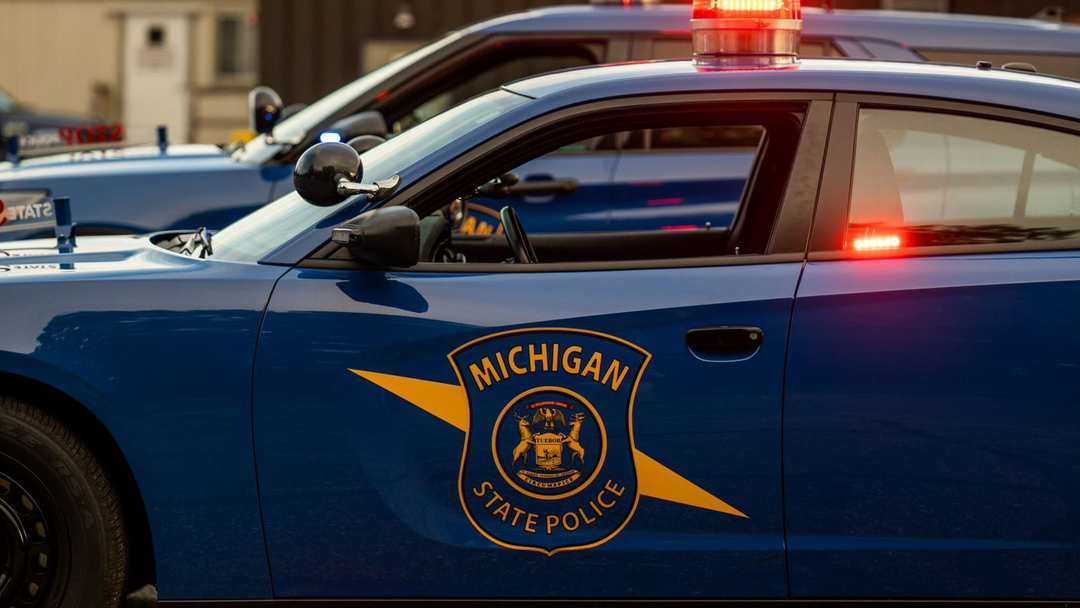Understanding the Process and Rules of Impeachment in Michigan
Michigan’s history with impeachment is relatively short, with the first and only instance occurring in 1975 against Governor William Milliken.
However, the process outlined in the state’s constitution and further detailed in the Michigan Compiled Laws Act 62 of 1872 remains a relevant and important safeguard against misconduct by public officials.
Take a dive into the impeachment rules and laws in Michigan
Grounds for Impeachment:
As per MCL Act 62, impeachment in Michigan can be initiated against any state officer, including the governor, lieutenant governor, secretary of state, attorney general, and justices of the supreme court.
The grounds for impeachment are outlined in the Michigan Constitution, Article IX, Section 7, and encompass a range of offenses, including:
- Treason: Betraying the state or aiding its enemies.
- Bribery: Accepting or offering bribes in exchange for official action.
- Misconduct in office: Any act that constitutes a violation of the public trust or a breach of duty by an official.
- High crimes and misdemeanors: This catch-all category encompasses serious offenses that, while not specifically defined, are deemed to be detrimental to the state and its citizen
The Impeachment Process:
The impeachment process in Michigan is a two-stage procedure:
1. House of Representatives:
The process begins in the House of Representatives, where a majority vote is required to initiate an impeachment inquiry.
If the inquiry finds sufficient evidence of wrongdoing, the House can vote to impeach the official by a two-thirds majority.
Upon impeachment, the official is suspended from office until the Senate trial.
2. Senate Trial:
The Senate then conducts a trial, presided over by the Chief Justice of the Supreme Court.
Both the House and the impeached official are represented by counsel and have the right to present evidence and witnesses.
A two-thirds majority vote in the Senate is required to convict the official and remove them from office.
MCL Act 62 and the Impeachment Process:
MCL Act 62 provides further details and procedures related to the impeachment process. It outlines:
The specific steps involved in forming an impeachment inquiry committee in the House.
The rules of evidence and procedure during the Senate trial.
The potential consequences of conviction, including removal from office and disqualification from holding future public office.
Michigan Laws
IMPEACHMENTS
6.1 Impeachment of civil officers; power of house, suspension; vacancies.
Sec. 1.
6.2 Impeachment; trial by senate, judgment.
Sec. 2.
6.3 Impeachment; prosecution by house.
Sec. 3.
6.5 Impeachment; appearance and answer of accused.
Sec. 5.
6.6 Impeachment; counsel for accused.
Sec. 6.
6.7 Impeachment; trial, time, place, adjournment.
Sec. 7.
6.8 Impeachment; acquittal.
Sec. 8.
Have your rights been violated?
Have your driving priviledges been revoked?
Has your professional license been suspended?
Have you been charged with a crime?
Call our office to see if we can help
Komorn Law 248-357-2550
6.9 Impeachment; president of senate, notice to senate.
Sec. 9.
6.11 Impeachment; duties of secretary; record of proceedings, oaths.
Sec. 11.
6.12 Impeachment; senate appointment and removal of subordinate officers.
Sec. 12.
6.13 Impeachment; powers of managers, rights of process.
Sec. 13.
6.14 Impeachment; senate rules and regulations.
Sec. 14.
6.15 Impeachment; compensation of members of court, managers, and other officers; payment.
Sec. 15.
6.16 Application of act.
Sec. 16.
Index
Index and Information Source
History: 1872, Act 62, Imd. Eff. Mar. 30, 1872
| Document | Type | Description |
| Section 6.1 | Section | Impeachment of civil officers; power of house, suspension; vacancies. |
| Section 6.2 | Section | Impeachment; trial by senate, judgment. |
| Section 6.3 | Section | Impeachment; prosecution by house. |
| Section 6.4 | Section | Impeachment; organization of senate as court, oaths, attendance of members. |
| Section 6.5 | Section | Impeachment; appearance and answer of accused. |
| Section 6.6 | Section | Impeachment; counsel for accused. |
| Section 6.7 | Section | Impeachment; trial, time, place, adjournment. |
| Section 6.8 | Section | Impeachment; acquittal. |
| Section 6.9 | Section | Impeachment; president of senate, notice to senate. |
| Section 6.10 | Section | Impeachment; writs and process, signing and testing, enforcement. |
| Section 6.11 | Section | Impeachment; duties of secretary; record of proceedings, oaths. |
| Section 6.12 | Section | Impeachment; senate appointment and removal of subordinate officers. |
| Section 6.13 | Section | Impeachment; powers of managers, rights of process. |
| Section 6.14 | Section | Impeachment; senate rules and regulations. |
| Section 6.15 | Section | Impeachment; compensation of members of court, managers, and other officers; payment. |
| Section 6.16 | Section | Application of act. |
More Posts

Warrantless Searches in Michigan
I don't need a warrant for that...In Michigan, as in the rest of the United States, the Fourth Amendment of the fading Constitution provides individuals with protection against unreasonable searches and seizures by law enforcement. Generally, this means that police...

One of Michigan’s Top DUI Attorneys
We aggressively defend all aspects of traffic law, from simple civil infractions to more serious alcohol and drug-related offenses. Don't wait till the last second to get an attorney. That's how you lose.Why Attorney Michael Komorn is one of Michigan’s Top DUI...

Michigan DUI Laws and Consequences – Second Offense
Michigan DUI Laws and Consequences – Second Offense Operating Under the Influence (OUI) is a serious offense in Michigan. If someone is caught driving under the influence of alcohol or drugs, they can face severe penalties. When it comes to a second offense, the...

Federal Ban on Owning Firearms by Cannabis Consumers is Unconstitutional Court Says
Federal charges against a non-violent, cannabis-using gun owner were unconstitutional.A federal appeals court panel upheld a lower court's ruling on Wednesday, declaring that federal charges against a non-violent, cannabis-using gun owner were unconstitutional. “The...

AG Nessel joined 21 attorneys general to regulate the sale of firearms
Extreme Risk Protection Order to prevent individuals from possessing or owning a firearm for eight years following their conviction. That legislation was signed into law by Governor Gretchen Whitmer in November of 2023.Michigan Attorney General Dana Nessel has joined...

Michigan DUI Laws and Consequences – First Offense
First Offense DUI in Michigan: Laws and ConsequencesFacing a first offense DUI in Michigan can be daunting as the implications are significant and the legal landscape is complex. Understanding the laws surrounding Operating While Intoxicated is essential, as these...

Court Ruling – No bonus for growing weed
COURT RULING – SORRY NO BONUS FOR GROWING CANNABISA marijuana farm worker is unable to succeed in his breach-of-contract lawsuit regarding a $100,000 bonus he claims to be owed for producing a healthy harvest of 1400 pounds of dry cannabis crop as the contract is...

Cannabis workers claimed employer violated labor laws
Allegedly had to put on company-issued personal protective equipment (“PPE”) (such as masks, hair nets, arm sleeves, gloves, scrubs, and protective shoes) before clocking in Close to 1.2 milion settlement for 134 cannabis workers alleging wage violations under federal...

The MSP is Concerned About Your Privacy (Vehicle Information)
Is the Michigan State Police really concerned about your Driver License and Motor Vehicle Information privacy?Here's what they say on their websiteThe Michigan State Police (MSP) is committed to protecting the privacy of your potentially personally identifiable data...

The MSP is Concerned About Your Privacy (Biometric Information)
Is the Michigan State Police really concerned about your DNA / biometric privacy?Here's what they say on their websiteThe Michigan State Police (MSP) is committed to protecting the privacy of your potentially personally identifiable data (PPID) in a strong and...











